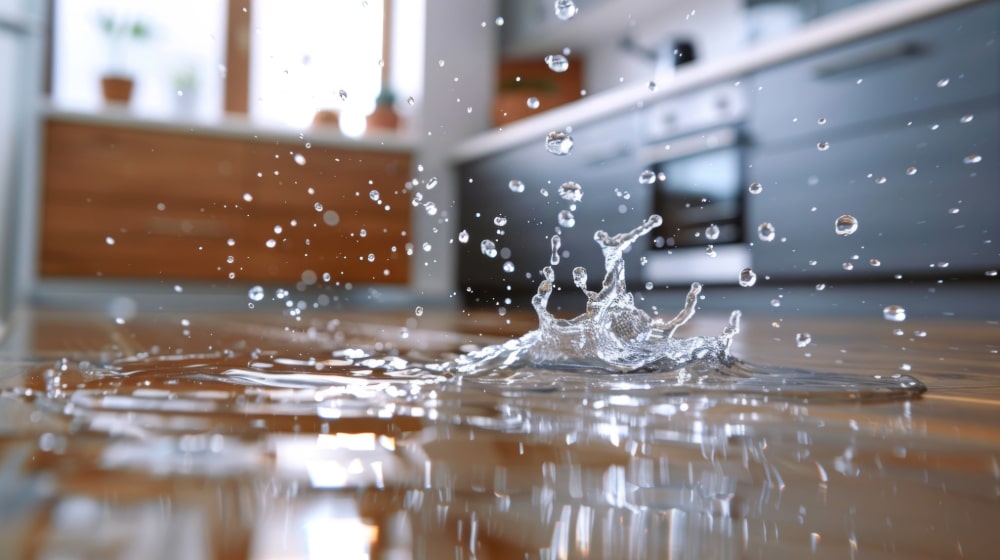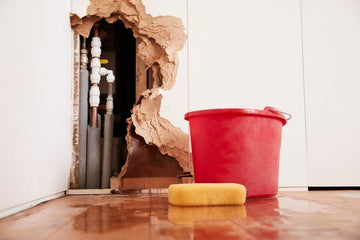In the fast-paced world of industry quality assurance (QA), the concept of smart pipe leak detection is swiftly gaining prominence. As industries dive deeper into advanced technologies, there's an undeniable shift towards intelligent solutions to maintain the integrity of industrial operations. But what exactly makes smart leak detection so crucial, and how are industries reaping its benefits?

Understanding Smart Pipe Leak Detection
At its core, smart pipe leak detection uses innovative sensors and data analytics to identify leaks in piping systems. This involves deploying sensors that continuously monitor the flow of liquids or gases, analyzing the data for inconsistencies that might indicate a leak. For industries, this means preventing potentially catastrophic damage to infrastructure, avoiding environmental hazards, and ensuring smoother operations.
Why Industry QA Needs Smart Solutions
Quality assurance practices within industries are evolving, with a growing expectation for more accurate, real-time insights. Traditional leak detection methods often fall short in providing such advanced metrics or timely data. Thus, smart leak detection not only enhances operational safety but also aligns with the overarching goals of sustainable and efficient industrial processes.
The Mechanics Behind Smart Leak Detection
Incorporating a mix of sophisticated technologies, smart leak detection employs algorithms that process sensor data to pinpoint the exact location of a leak. These systems are increasingly utilizing AI and machine learning to predict and spot potential weaknesses in the pipelines before actual leaks occur. This proactive measure saves industries from hefty repair costs and minimizes downtime.
Benefits of Implementing Smart Leak Detection
- Cost Efficiency: Early detection translates directly into fewer repairs and operational disruptions.
- Environmental Preservation: Prevents hazardous leaks that might cause substantial environmental harm.
- Improved Safety: Reduces risks associated with manual inspections and mitigates the likelihood of accidents.
- Data-Driven Decisions: Continuous data gathering allows industries to make informed decisions swiftly.
How to Choose the Right Leak Detection System
When selecting a smart pipe leak detection system, factors like the nature of the liquids or gases, operational environment, and budget constraints come into play. It's vital to evaluate the system's compatibility with existing infrastructure and its ability to scale with industrial demands.
Prominent providers in this niche continually innovate to offer systems that come with user-friendly interfaces and customizable monitoring capabilities. For further reading on this technology's workings, consider exploring this technology behind leak detectors.
Integrating Smart Detection into Existing Setups
For industries contemplating the shift, integration does not have to be a daunting task. Starting manageable with AI water leak detectors integrated into key areas can serve as a pilot phase, gradually scaling up as benefits are realized.
Future Trends in Leak Detection
The future of smart leak detection seems promising, with continued enhancements in sensor sensitivity, AI capabilities, and the integration of IoT devices. This evolution will likely bring even more precise detection mechanisms and broader applications across different industries.
With water management becoming a pressing issue globally, the role of smart leak detection will continue to grow, emphasizing sustainable solutions. Explore more on the integration of smart home leak sensors as it parallels industrial applications.

FAQ
How does smart leak detection differ from traditional methods?
Smart leak detection uses advanced sensors and data analytics compared to traditional visual or manual checks, providing real-time results and analysis.
Can smart leak detection systems integrate with existing industrial systems?
Yes, most modern systems are designed for easy integration, allowing industries to customize their monitoring and response protocols effectively.
Are smart leak detection systems expensive?
While initial costs might seem high, the long-term savings on maintenance and prevention of major leaks make them cost-effective investments.






